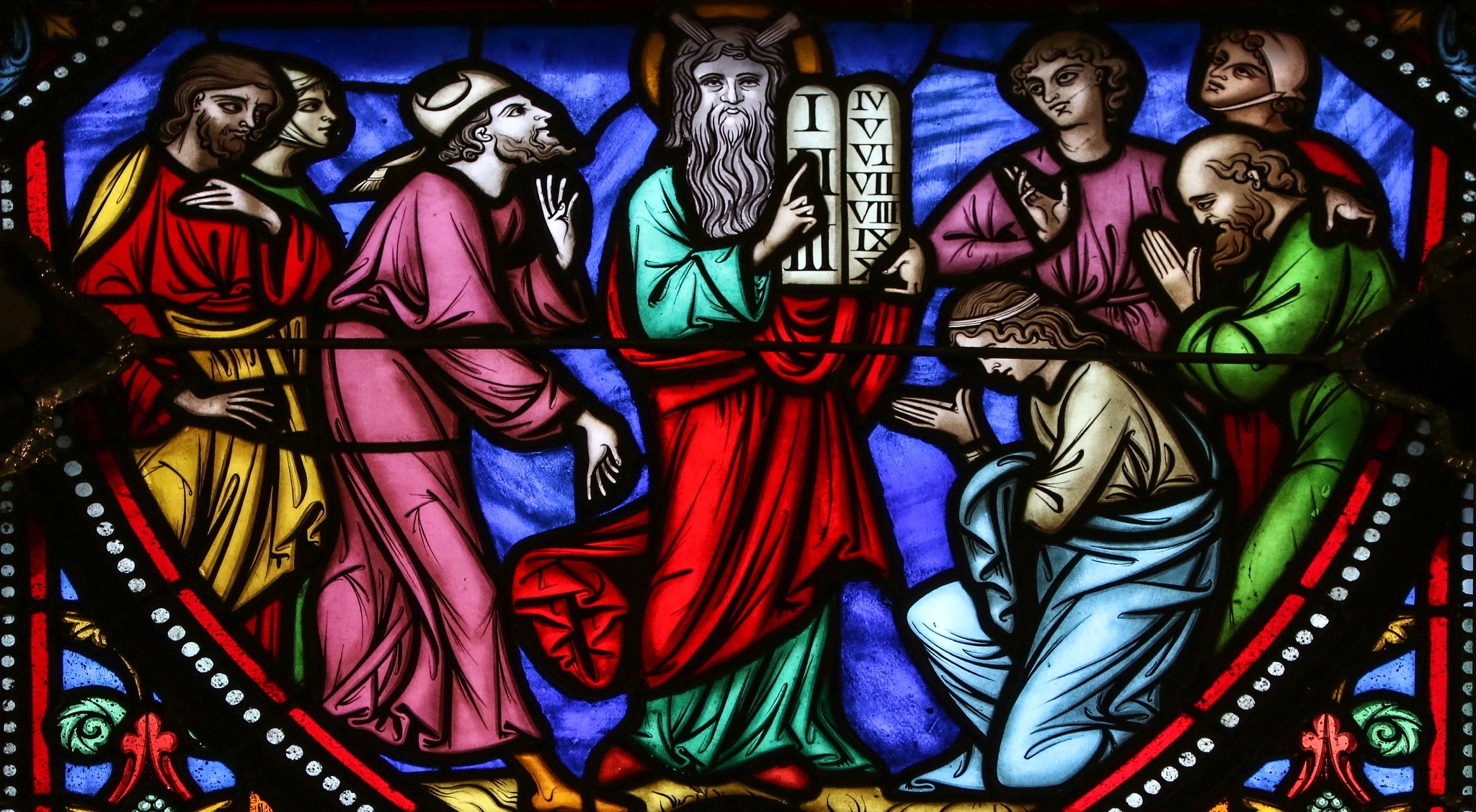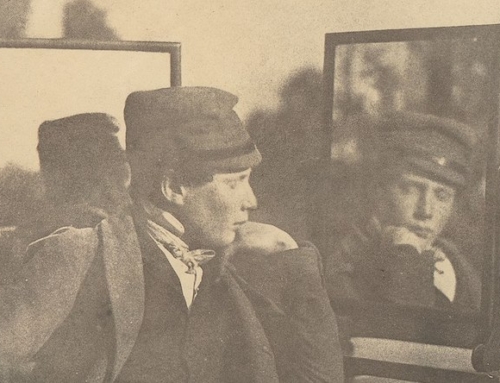Because human love is something that is free, we’re prone to overemphasize this freedom and see love as something that can never be owed to someone else. We are never obliged to love. For we cannot owe what can never be owed, and how can someone command and make obligatory what must always be free?
The result is that many see love as a merely sporadic response evoked by the beloved. What we happen to love is something to be discovered. Consequently, we’re counseled to seek out what evokes love from us—to encounter a soulmate or to figure out what we are passionate about. These discoveries then become part of our individual projects of self-realization.
But this vision of love comes with baggage. One result is to be dissatisfied with love that we receive from those who “have to love us,” such as God, parents, siblings, spouses, or children. Love from them “does not count” toward our self-appreciation because it is elicited almost automatically. Another more insidious consequence ensues when someone discovers that he does not love whom he thought he loved. Sadly, this “discovery” can prompt betrayal by his abandoning those he has obligations to, such as a spouse, family member, or God.
These all-too-common experiences suggest that this popular depiction of love is not entirely right. Indeed, the Bible itself contains numerous commands to love: We’re commanded to love God, (Deut 6:5; Matt 22:36–40), neighbors (Matt 25:37–39; John 13:34), and spouses (Eph 5:25-33). Christ even commands us to love our enemies (Matt 5:43–48). Our intuition about love’s non-obligatoriness could lead us to find these scriptural commands surprising.
God commands us to love not because love is not free; he commands us to love precisely because it is free. Unlike external acts that can be coerced or blocked, love is primarily interior and is elicited from the will itself. No creature can directly force or hinder love from another creature. In all circumstances, love is consistently something we can give. Therefore, since God does not command the impossible, he can always command us to love.
But this does not mean that love is arbitrary or random. Love responds to goodness. In fact, to be lovable or desirable just is what it means to be good. We ought to love what is good because love is the sort of thing that goodness evokes. Nevertheless, some things are more lovable and desirable than others and therefore ought to be loved more. We are obliged to love some persons and things—God, our nations, our families—more than others. Why? Because our own goodness is intrinsically bound with theirs.
Not only ought we to love what is good—especially those who are closest to us—but reflecting on the goodness of others can itself evoke love. Meditation on God’s goodness stirs religious devotion. Spending quality time with a spouse, relative, or friend also promotes love. The more we are brought face to face with goodness, the more that goodness prompts love as a natural response.
We also promote love by our choices. When we choose, we always choose out of love for something. Love is free because our choices are free. For instance, we can choose one thing out of love for God rather than something else out of a disordered self-love. Choosing to act out of love for someone not only strengthens our love: it also makes that love concrete and something more than a nice thought or a mere wish (Jas 2:15–16). And our repeated choices also excite love because they lead us to experience habitually the goodness in the beloved.
In the end, the only one who loves without any obligation or need is God himself. While creatures love in response to goodness, “God’s love is the cause of the goodness in things” (ST I, q. 20, a. 4). Not only that, but God gives us the grace to love him above all things and to love one another as he has loved us (John 13:34). He commands us to do what is good for us and what is possible through his grace. He commands us to love, but he also helps us to do it.
✠
Photo by Lawrence Lew, OP (used with permission).







